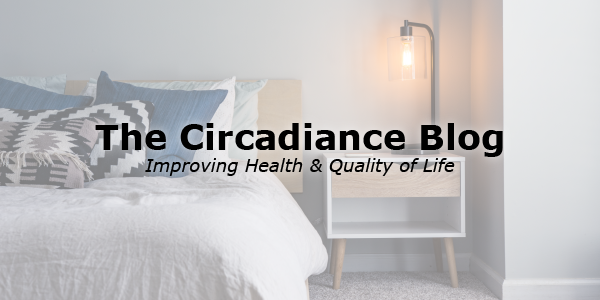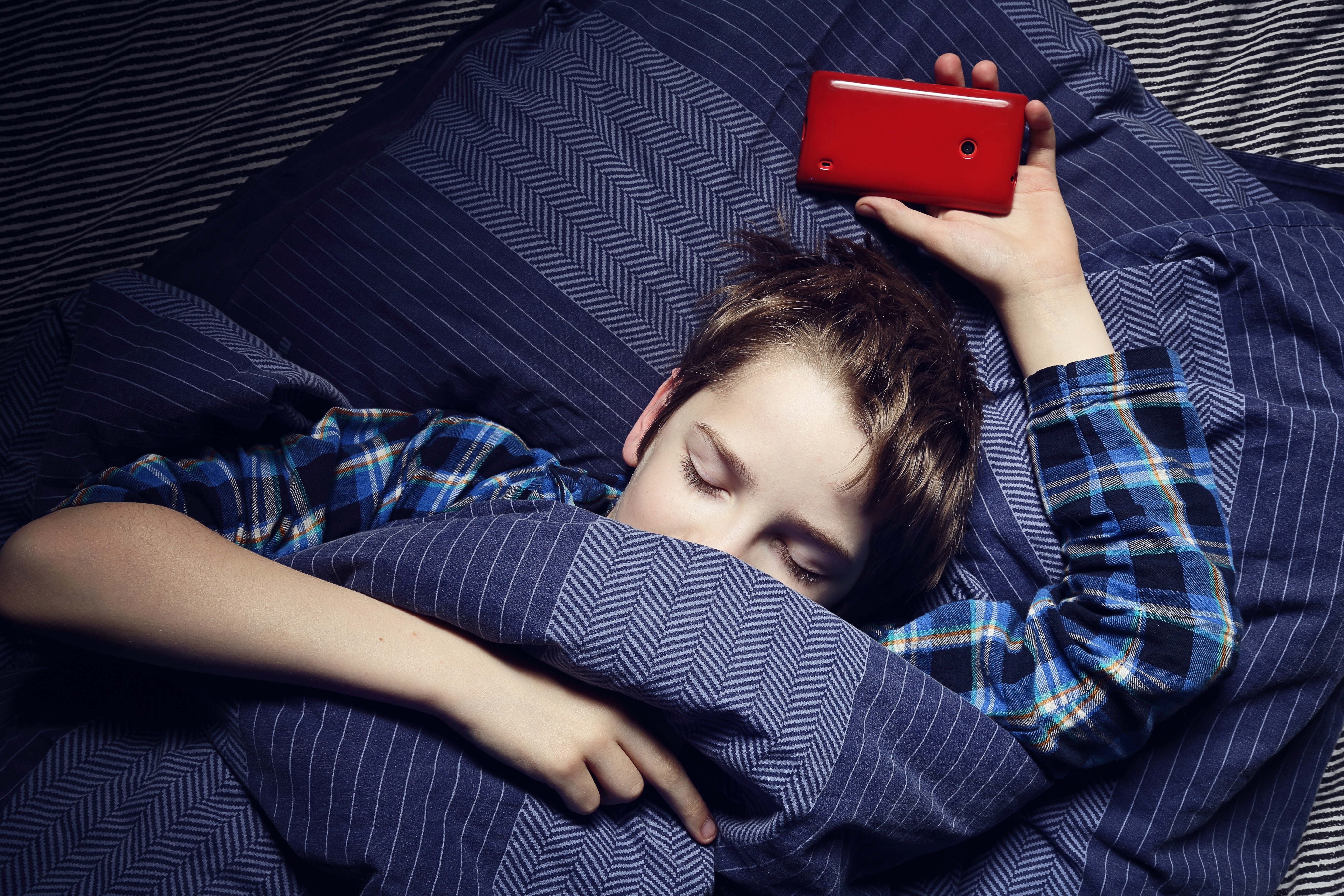- Establish a bedtime curfew
- Limit electronic use at bedtime
- Disable internet in your child's room at a certain time
- Set the TV timer for a specific time at night
"Studies have shown that traditional screens and screen time, like TV viewing, can interfere with sleep, but much less is known about the impacts of smartphones and other small screens," said study lead author Jennifer Falbe, of the School of Public Health at the University of California, Berkeley.
Small screens are of particular concern because they provide access to a wide range of content, including games, videos, websites and texts, that can be used in bed and delay sleep, she said. They also emit audible notifications of incoming communications that may interrupt sleep.
Preteen school-aged children need at least 10 hours of sleep each day, while teenagers need between nine and 10, the U.S. National Heart, Lung, and Blood Institute advises.
All were asked about electronic devices in the bedroom, what time they went to bed, what time they woke up, and how many days over the prior week they felt they needed more sleep.
While kids with a bedroom TV said they got 18 minutes less sleep on weeknights than those without a personal television, that figure rose to nearly 21 minutes for those who slept near a smartphone whether or not a TV was also present, the study found.
Going to bed with a smartphone at hand was also linked to later bedtimes than having a bedroom TV: 37 minutes later compared to 31 minutes, the investigators said.
And kids who slept with a smartphone were more likely to feel they needed more sleep than they were getting, compared with those with no smartphone present at bedtime. That perception of insufficient rest/sleep was not observed among children who only had a TV in the room.
Click here to Find out how engaged you are with your CPAP therapy?
Sources:
For more on sleep, see the U.S. National Heart, Lung, and Blood Institute.
Jennifer Falbe, Sc.D., M.P.H., division of community health and human development, school of public health, University of California, Berkeley; David Dunkin, M.D., assistant professor, department of pediatrics, Icahn School of Medicine at Mount Sinai, New York City; February 2015, Pediatrics
Mozes, A. (2015, 01 05). HealthDay.com. Retrieved 01 08, 2015, from http://consumer.healthday.com/health-technology-information-18/cellphone-health-news-729/smartphones-tablets-steal-childhood-sleep-study-695199.html






